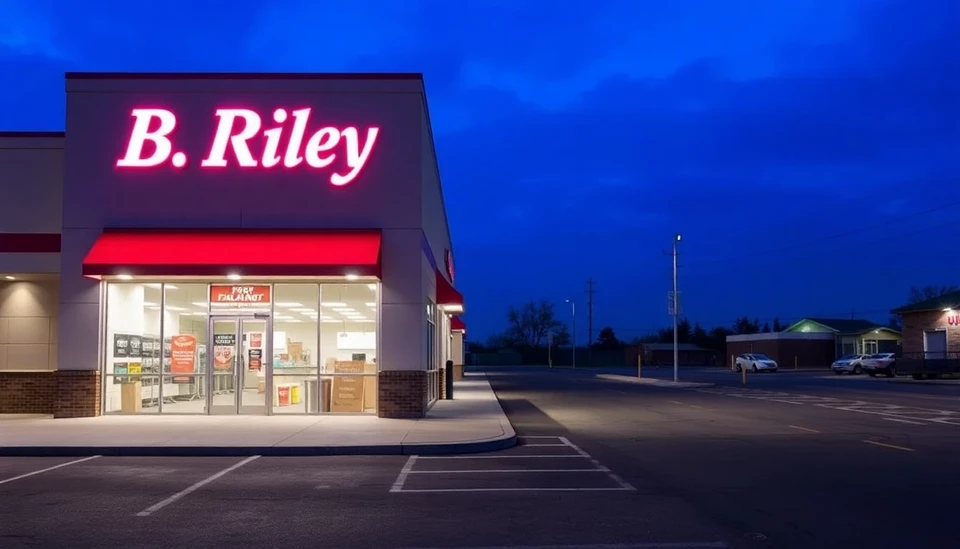
In a significant development within the franchise industry, a group backed by financial services firm B. Riley is preparing to file for bankruptcy protection. The impending filing underscores the ongoing challenges facing franchise operations amid shifting economic landscapes and industry-specific hurdles.
The franchise group in question has encountered numerous financial difficulties, which have been exacerbated by a combination of rising operational costs and changes in consumer behavior driven by a post-pandemic market environment. These challenges not only threaten the group's stability but also highlight broader trends affecting franchises across various sectors.
This impending bankruptcy filing is poised to mark a critical juncture for the company, illustrating the precarious situation many franchises find themselves in as they struggle to maintain financial viability. The franchise group had previously benefitted from B. Riley's investment, which aimed to bolster its operations and expand its footprint in a competitive market. However, the anticipated bankruptcy filing will likely halt further expansion efforts and lead to the reevaluation of existing operations.
Industry analysts suggest that the situation may be reflective of broader issues within the franchise sector, where many businesses have been unable to adapt effectively to changes such as increased labor costs, fluctuating supply chain dynamics, and evolving customer preferences. Franchises are often seen as a bellwether for economic trends, and the struggles faced by this group may serve to illuminate larger patterns affecting the industry at large.
As preparations for the bankruptcy filing unfold, stakeholders, including franchisees, employees, and investors, are watching closely to gauge the potential repercussions. The situation not only raises questions about the future of this particular franchise group but also invites broader discussions regarding the resilience of the franchise model in the current economic climate.
For investors and analysts, the impending bankruptcy serves as a cautionary tale, reminding them of the volatility that can accompany franchise ownership and the investments made into these businesses. The outcome of this case could significantly influence investor sentiment and may prompt a reexamination of investment strategies in the franchise arena moving forward.
As more details emerge regarding the filing and its implications, the franchise community will undoubtedly be keeping a close watch. This situation could potentially serve as a catalyst for change, prompting a reevaluation of practices and strategies employed within the franchise model as businesses seek to navigate an evolving economic landscape.
In conclusion, the franchise group backed by B. Riley stands at a crossroads, facing a potential bankruptcy that could reverberate throughout the sector. The outcome of this situation remains to be seen, but its implications will likely be felt far beyond the immediate stakeholders involved.
#FranchiseBankruptcy #BRiley #BusinessNews #EconomicTrends #FranchiseChallenges #Investing #Bankruptcy
Author: Samuel Brooks




